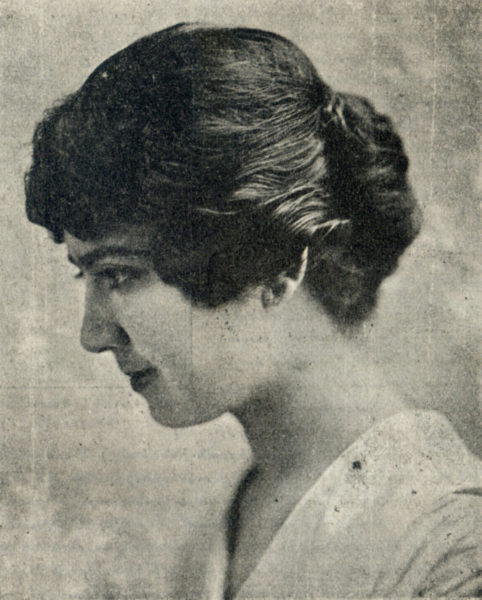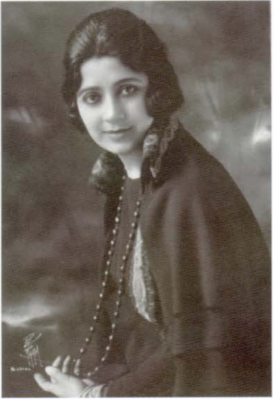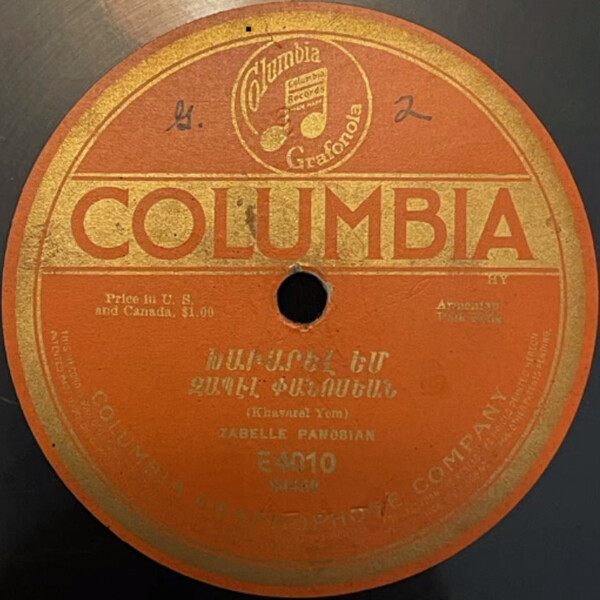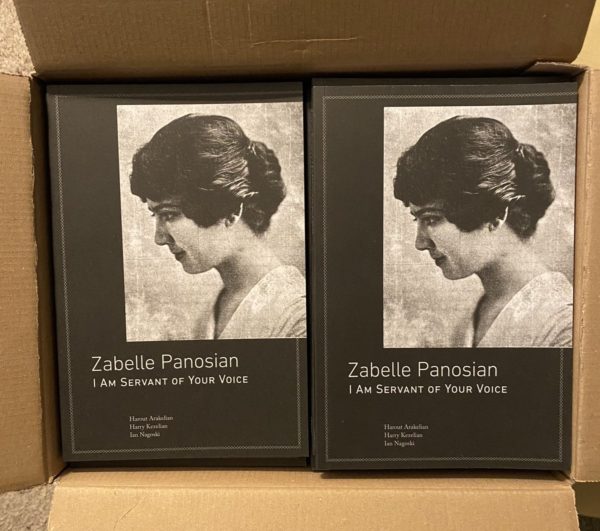BALTIMORE — One hundred years ago, as the members of the fledgling Armenian-American community witnessed the holocaust of their compatriots and families back in Ottoman Turkey, a young woman, born in Turkey, brought as a bride to Boston, and trying to break into a singing career, found herself as the voice of a bereaved nation.
Madame Zabelle Panosian, soprano, became the first Armenian-American female singing star, whose concerts raised money for the survivors of the Genocide and whose very image was used by fundraisers to personify a “Mother Armenia” who would protect her “children,” the orphaned survivors.

For some 6 to 10 years, from 1915 into the mid-1920s, the most crucial decade in her people’s history, she was one of the most popular Armenian performing artists — certainly in the United States — and was only rivalled by the great tenor Armenag Shah-Mouradian, the personal disciple of Gomidas (Komitas), who had won respect at the Paris Grand Opera and was given the nickname “Nightingale of Daron” for his interpretations of Armenian folk songs. Panosian frequently shared top billing with Shah-Mouradian at the time, and her breathtaking recording of the Armenian folk classic Groung was one of the top 3 best-selling records in the Armenian-American community during the 1920s. Melodically different from the well-known Gomidas version, she apparently learned the song in her hometown of Bardizag, near Izmit, Turkey, and she performed it throughout her career.
Shah-Mouradian, whether or not his voice is recognized by contemporary listeners, has passed into Armenian lore as a name equivalent to that of Caruso among the Italians. Panosian on the other hand, after her decade of stardom, faded into obscurity, only remembered by old timers who knew her from the community or 78-rpm record collectors who were primarily interested in other artists who performed in more rural or Middle Eastern styles.

With a new book on Panosian, Ian Nagoski, record collector and impresario of the digital reissue label Canary Records, is attempting to remind the world, and the singer’s own Armenian community of a great artist that should not have been forgotten. With a grant from the Gulbenkian Foundation, and the assistance of Los Angeles record collector Harout Arakelian and Armenian Mirror-Spectator staff writer Harry Kezelian (an avid record collector and historian of Armenian music and culture in America), Nagoski has put together a book and CD package, titled “Zabelle Panosian: I Am Servant Of Your Voice,” intended to do justice to Panosian’s memory. The title of the book comes from the translation of the phrase “dzara yem tzaynit”, in Panosian’s signature song, Groung.
The Vision











